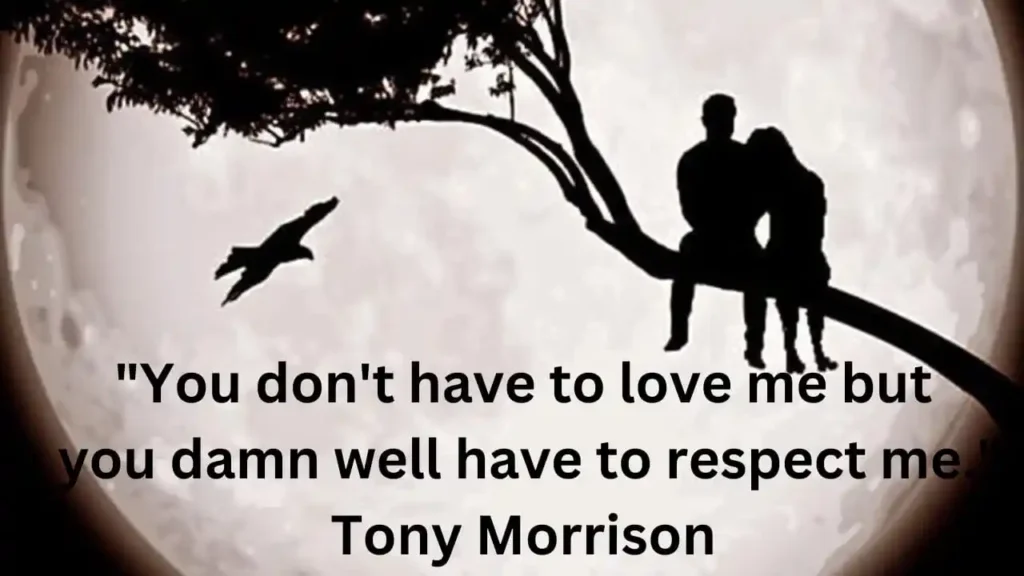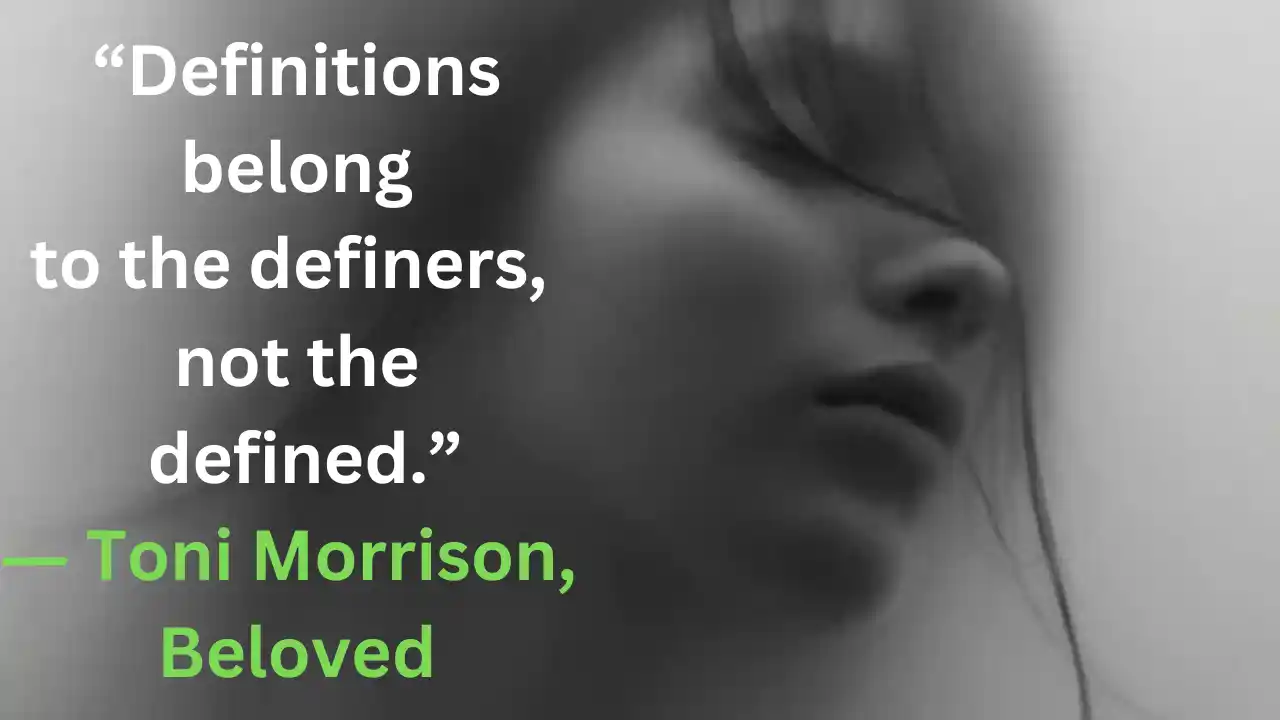Character list in Beloved
In Toni Morrison’s “Beloved,” characters like Sethe, Beloved, Denver, and Paul D navigate the haunting legacy of slavery. Their intertwined stories reveal resilience, trauma, and the quest for freedom. Through their experiences, Morrison confronts readers with the enduring impact of historical oppression on individual lives and collective memory. Some important characters are.
Sethe:
Sethe’s character is defined by her resilience in the face of unimaginable trauma.She escaped from Sweet Home plantation in Kentucky to Ohio, where she tries to build a new life for herself and her children.Sethe’s decision to kill her own child, known as “Beloved,” rather than allowing her to be taken back into slavery, is a haunting event that shapes her entire existence.
“Freeing yourself was one thing, claiming ownership of that freed self was another.”
Her love for her children is both her greatest strength and her deepest vulnerability, as she grapples with the consequences of her actions and the weight of her past.

Also read: Beloved by Toni Morrison
Beloved:
Beloved’s character embodies the specter of slavery and the unresolved trauma of the past.She initially appears as a ghostly presence, haunting Sethe’s home and disrupting the lives of those around her.As the novel progresses, Beloved’s identity becomes clearer, revealing her to be the reincarnation of Sethe’s deceased daughter. Beloved’s arrival forces Sethe and others to confront the painful truths of their history, challenging them to reckon with the legacies of slavery and the enduring bonds of family.
Denver:
“I don’t live here. Never have. No one lives here.”
Denver is Sethe’s daughter who has spent much of her life in isolation, both by choice and circumstance. She forms a deep bond with Beloved, finding in her a companion and confidante.Denver’s journey is one of self-discovery and empowerment as she confronts the ghosts of her family’s past and seeks to forge her own path forward.
Paul D:
Paul D is a former slave from Sweet Home plantation who shares a history with Sethe and Denver. He arrives at Sethe’s home seeking solace and companionship, but also struggling with his own demons and traumas. Paul D serves as a source of support and stability for Sethe and Denver, offering them love and protection in a world marked by violence and oppression. His journey is one of redemption and reconciliation as he confronts his past and embraces the possibility of a future built on love and connection. He also loves Sethe.
“We got more yesterday than anybody. We need some kind of tomorrow.”
Baby Suggs:
Baby Suggs is Sethe’s mother-in-law and a former slave who has endured her own share of suffering and loss. Baby Suggs’s teachings emphasize the importance of self-love and healing in the face of trauma, urging others to reclaim their humanity and dignity. Her death and the subsequent unraveling of her family serve as a tragic reminder of the ongoing legacy of slavery and the toll it takes on individuals and communities.
“And O my people they do not love your hands. Those they only use, tie, bind, chop off and leave empty. Love your hands! Love them. Raise them up and kiss them. Touch others with them, pat them together, stroke them on your face ’cause they don’t love that either.”
Schoolteacher:
Schoolteacher is the embodiment of the dehumanizing cruelty of slavery, having overseen Sethe and others on Sweet Home plantation. His presence continues to loom large even after Sethe’s escape, symbolizing the enduring power structures of oppression and exploitation.
“I would say this is hell, but I see no devils to tempt and encourage us to rebellion.”
This quote highlights Schoolteacher’s cruel and oppressive nature, as he oversees the enslaved individuals without empathy or regard for their suffering.
.
Halle:
Sethe’s husband and the father of her children. He was a slave on Sweet Home plantation before his emancipation. Halle’s experiences of witnessing his wife’s trauma and enduring his own hardships weigh heavily on him. He is notably absent for much of the novel, having suffered a mental breakdown after witnessing Sethe’s brutal treatment at the hands of white men.
“I am my best thing.”
This is a quote attributed to Halle, expressing a sense of self-worth and dignity. It’s a sentiment that Sethe recalls and finds solace in throughout the novel.
Conclusion
In “Beloved,” Sethe, Beloved, Denver, Paul D, Baby Suggs, Schoolteacher, and Halle navigate the legacy of slavery, embodying resilience, trauma, and the quest for freedom. Through their intertwined stories, Toni Morrison confronts readers with the enduring impact of historical oppression on individual lives and collective memory, highlighting themes of self-discovery, redemption, and the complexities of love amidst profound adversity.
